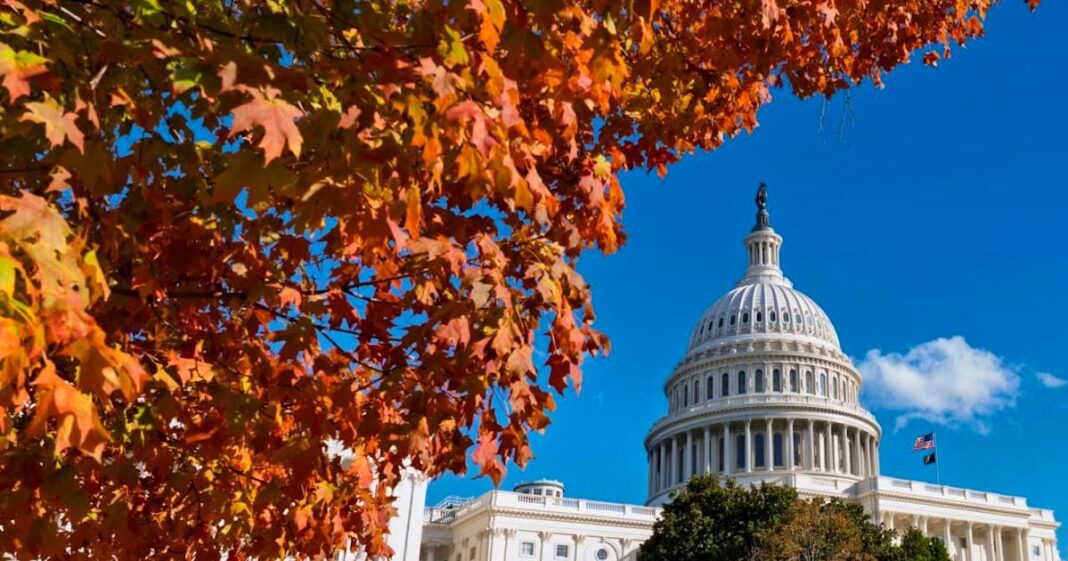The Stalemate in U.S. Government: Navigating the Budget Impasse

dpatopbilder – The Capitol in Washington (archive photo). Photo: J. Scott Applewhite/AP/dpa
The Current State of Affairs
Government operations in the United States have ground to a halt, entering their second month due to an ongoing budget dispute. Since October 1, both Republicans and Democrats have struggled to find common ground. If the stalemate continues, it could eclipse the previous record of 35 days — a threshold set during the New Year budget freeze of 2018/19, while Donald Trump was in office.
Frustration is mounting among American citizens, and recent polls suggest a decline in public satisfaction with the government. This discontent is expected to have ripple effects in upcoming elections, as citizens often hold their representatives accountable for such impasses.
A Spotlight on Food Aid
In a significant turn of events, a federal judge mandated that the Trump administration uphold state food assistance programs for roughly 42 million Americans. An emergency fund will be activated to ensure continued aid, as the originally allocated funds were slated to run out at the end of the month. Many families depend on the Supplemental Nutrition Assistance Program (SNAP), particularly low-income households, single parents, and the elderly. These groups rely heavily on consistent monthly benefits, underscoring the urgent need for governmental action.
The pressure is on for the government to present an actionable plan for the continuation of food assistance by Monday. Failure to do so could have dire consequences for those already precariously balanced on the edge of food insecurity.
Blame Game: Who’s Responsible?
Public sentiment surrounding the budget freeze suggests that a majority of Americans place the blame on the Republican Party. This could potentially yield political advantages for Democrats in the forthcoming elections. Significant races, including the mayoral contests in New York and New Jersey, and a gubernatorial race in Virginia, will unfold this Tuesday. Observers are keenly watching these elections, viewing them as an important barometer for the upcoming congressional midterms in November 2026.
Historically, budget disputes resonate with voters, leading to shifts in political landscapes. The notion that the party at the helm during such crises might face repercussions is a theme familiar in American politics. As citizens express growing frustration over governmental inefficiency, these elections could serve as a litmus test for future political alliances and strategies.
The Road Ahead
With negotiations remaining stagnant and public pressure mounting, the outlook is uncertain. Experts, however, anticipate that the conflict may extend for several more weeks, unless a breakthrough occurs. The ramifications of a prolonged budget freeze are multifaceted, affecting not just governmental operations but also the day-to-day lives of millions of Americans, especially those reliant on federal assistance programs.
As the stalemate continues, it is crucial for citizens to stay informed and engaged with the political process. The outcomes of these negotiations will not only determine the direction of federal funding but also the overall mood of the electorate leading up to pivotal elections.



